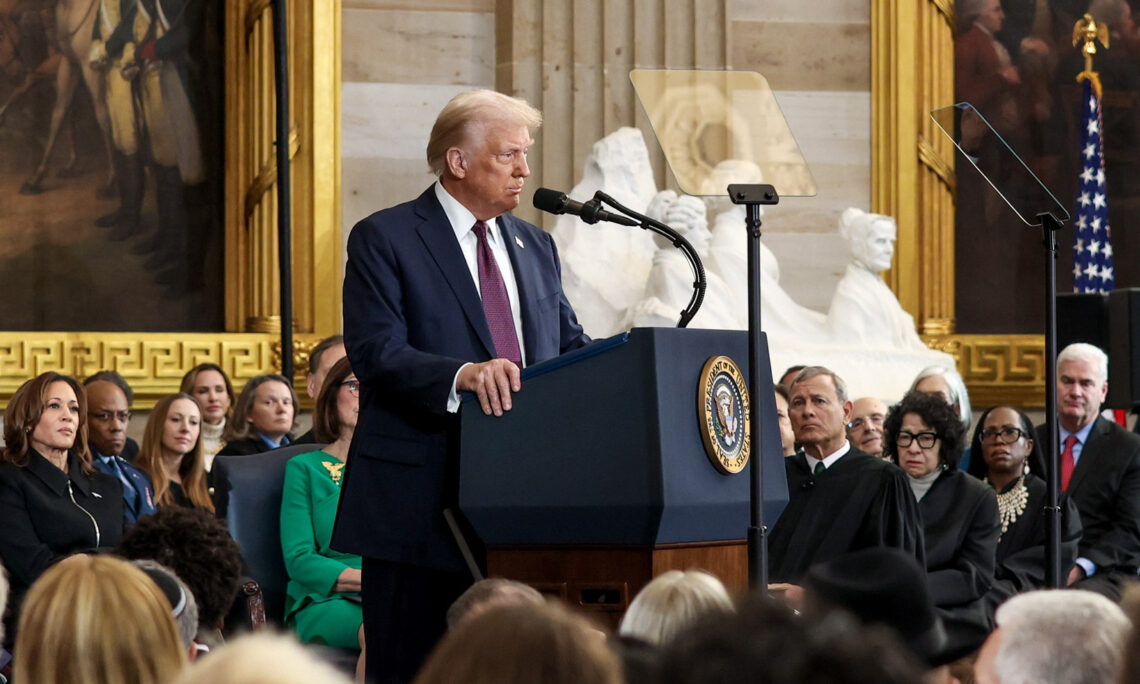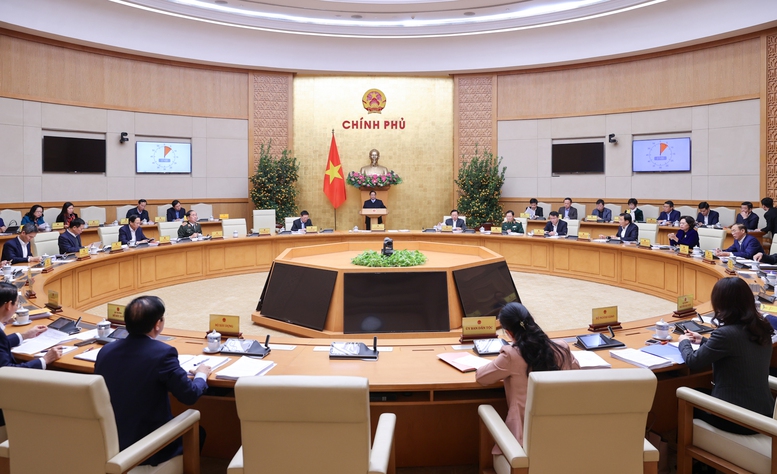Former U.S. President Donald Trump has returned to office with a renewed focus on protectionist trade policies, including new potential tariffs of 25% on imports from Mexico and Canada and 10% on Chinese goods, effective February 4, 2025. These measures, covering $1.6 trillion in trade, mark a major shift in U.S. economic policy with potential global consequences—including for Vietnam.

Trump’s “America First Trade Policy”, announced on his first day back in office, reinforces his long-standing belief that tariffs protect the U.S. economy. He has previously threatened even higher tariffs—up to 60% on Chinese goods—and has pushed for a bilateral over multilateral trade approach.
The new tariffs have already sparked retaliation from major trading partners:
Rising trade tensions could disrupt global supply chains and slow economic growth. The Pacific Economic Cooperation Council (PECC) predicts that Asia-Pacific growth could decline from 3.4% in 2024 to 2.9% over the next few years.
Additionally, Trump’s trade policies complicate inflation control—while he pushes for lower interest rates, tariffs tend to increase costs and delay monetary easing. Experts warn that these conflicts could lead to stagflation (low growth with high inflation) in the U.S. and recession risks for Canada and Mexico.

Vietnam, the U.S.’s largest trade partner in ASEAN, must closely monitor these developments. The U.S. accounted for 30% of Vietnam’s total exports in 2024, with a $104.6 billion trade surplus—one of the highest after China and Mexico.
Additional: See the view on South East Asia of Marco Rubio - the New United States Secretary of State
Optimistic Scenario
Risk Scenario
The Vietnamese Ministry of Industry and Trade has prepared contingency plans, including market diversification and policy adjustments to mitigate risks.
To navigate uncertainties, Vietnam must:
Despite the challenges, Vietnam’s economic fundamentals remain strong, with public debt below 40% of GDP and a strategic position in global trade. By focusing on long-term sustainability, smart diplomacy, and adaptability, Vietnam can turn challenges into opportunities while maintaining its economic momentum in 2025 and beyond.

FIBIC provide comprehensive consulting services to help investors evaluate all available options and make informed decisions. We encourage potential investors to reach out to us to explore how different developers' offerings align with your business goals and to discuss other viable opportunities in Vietnam’s industrial real estate market.
More at: www.fibic.vn